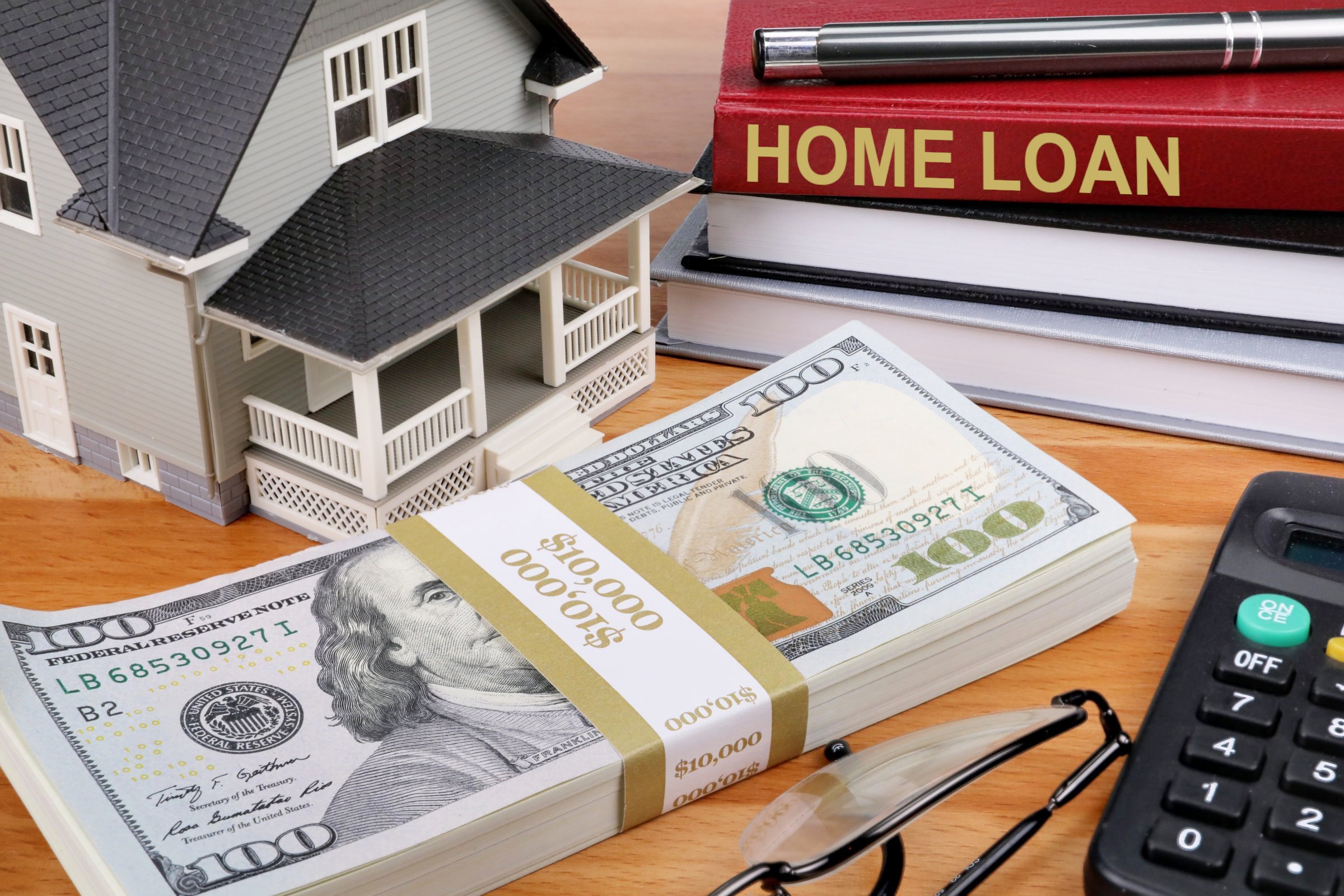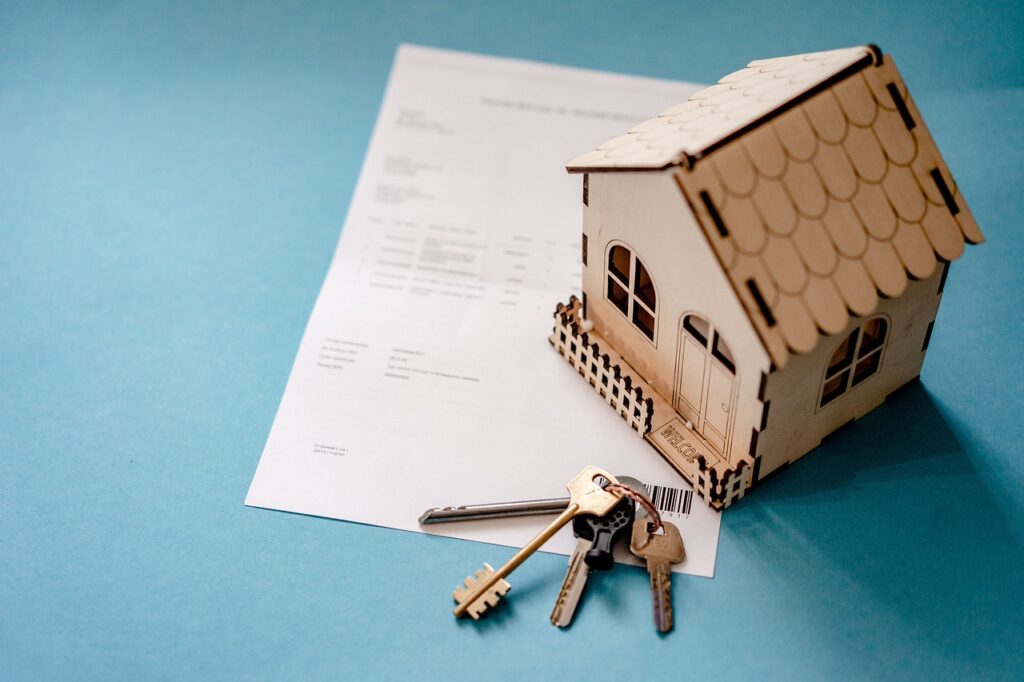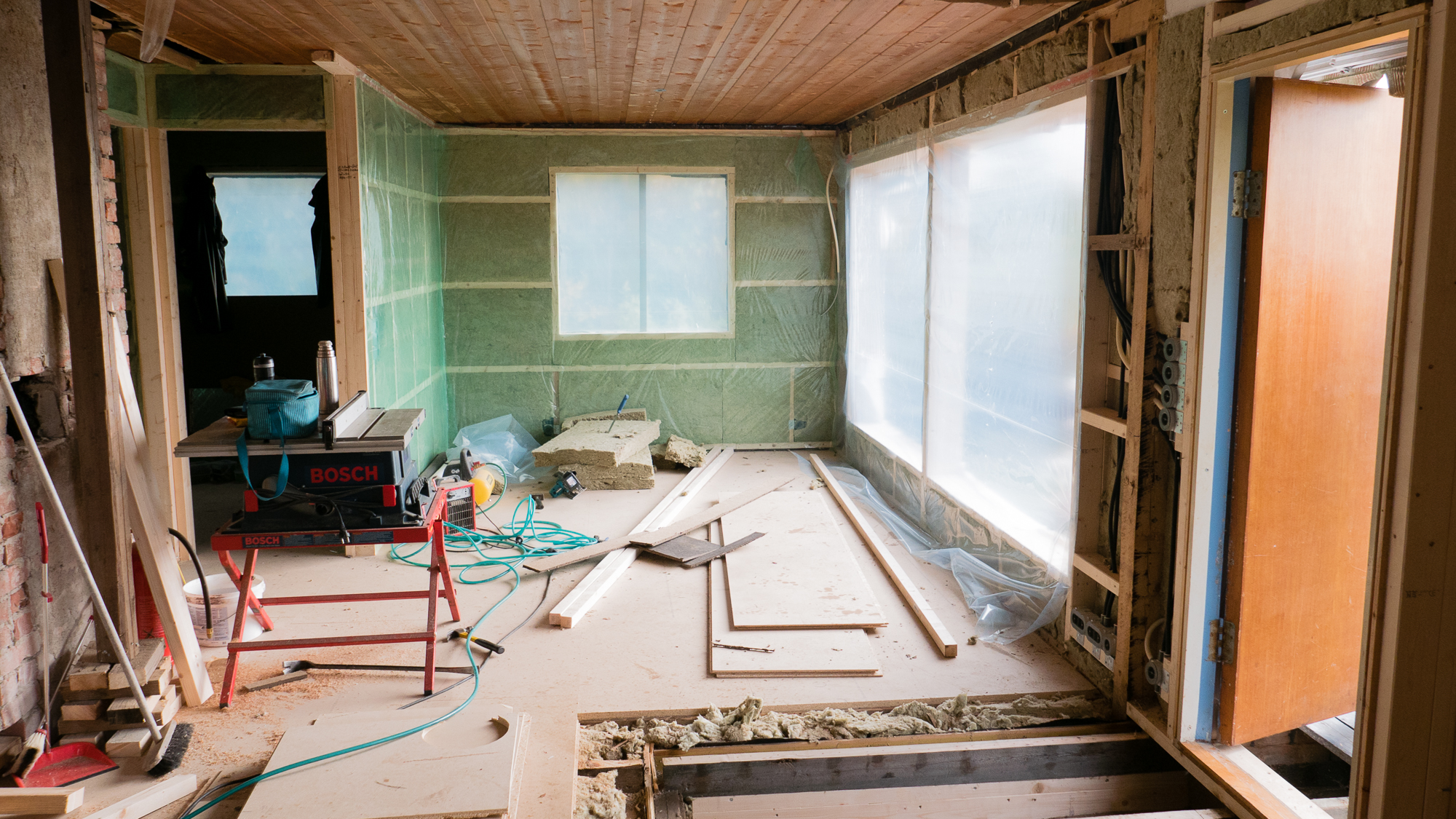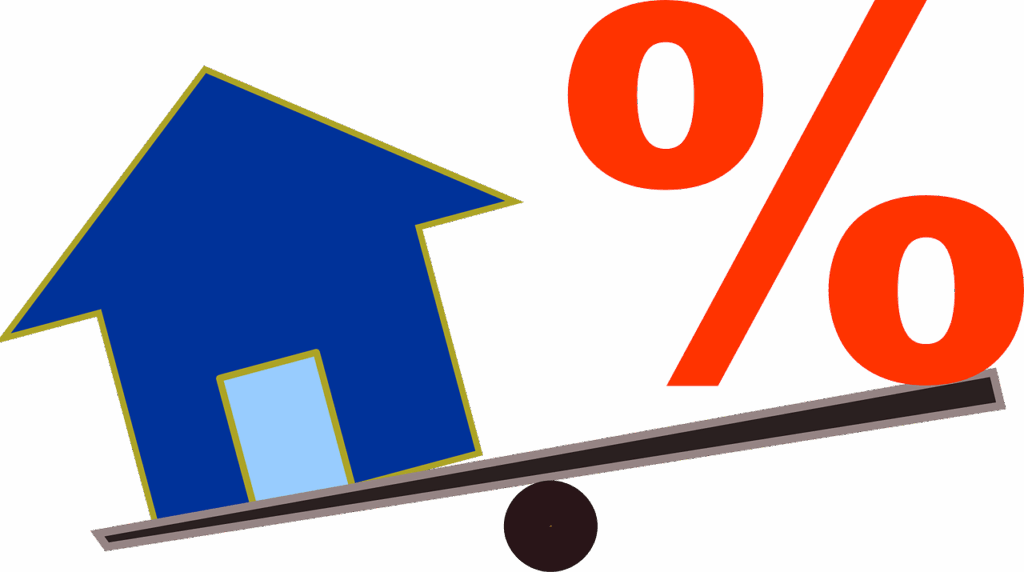
Handling your money future often starts with loans and home assets. Personal loans need careful managing beyond getting funds you need for things. Your home also builds wealth if handled in smart ways.
Knowing your money picture is key for managing loans. How loan payments fit into your monthly budget affects your cash flow. You must see the full picture of money going places. Understanding where cash goes helps spend more on loved ones.
Tools make this clarity much easier for folks. Some like apps that track things automatically, like a car. Others prefer using a spreadsheet for more control and fewer robots. The method isn’t vital; pick a plan that feels right. It must be simple so you actually stick to it long-term like glue.
Making loan payments easy should be a big priority for everyone. Setting up payments to be automatic is a very practical step. This ensures payments are timely, reducing late fees charged to you. Many lenders reward you for this, offering small rate discounts too.

For debt consolidation, some lenders send money directly to your card issuers. If not consolidating, keep funds in a checking account for access. Separate accounts help manage money designated for special uses. Decide based on spending plans and how well you separate funds.
Sometimes life gets hard and brings unexpected troubles. Job loss or illness makes meeting loan duties impossible sometimes. Do not hide if you anticipate trouble happening. The guidance says reaching out quickly is always the best policy.
Many lenders know hard times come your way. They often offer programs to help borrowers struggling with payments. These can let you pause or reduce payments for a little while. In rare cases, part of the principal might be forgiven by the bank. Your credit should stay okay if payments are paused by agreement. You must ask the lender to explore these options fast.
Finding more cash in your budget feels great for money freedom. Putting extra funds to pay down debt helps improve life. Just throwing money at your loan isn’t always the smartest. Be strategic about extra payments and debt goals too.

Consider your debt payoff strategy before sending extra. Two common methods work well for most people. The Avalanche pays high rates first, saving interest overall. Snowball pays the smallest debts first to build fast momentum. The best choice depends on your own personality, in fact.
If extra payments fit your strategy, do one thing. Ask your lender exactly how money goes only to principal. This is vital because some apply extra to your next bill. Applying extra to principal saves interest faster than other ways.
As you manage loans, new chances might come around for you. If your credit improves, you might refinance for a lower interest rate. Refinancing replaces your old loan with a better one. A lower rate means more money goes to the principal balance.

A lower interest rate means less is spent over the loan life. Refinancing should not be taken lightly by anyone. Weigh savings against new loan costs like fees charged. Watch out for extending payment periods with a new loan.
Ending your loan term might make you pay it off fast. Getting rid of debt feels good and makes you smile. But weigh the pros and cons of paying debt off quickly. Using savings for early payoff might leave you exposed to emergencies.
Think if that money is better used somewhere else. Check your loan paper for any fee for paying early. These fees are rare, but they do exist there. Compare fee cost versus interest saved by waiting.

Building wealth with your home is important for later. Building home equity reliably creates wealth for you. It helps maintain the home while you live there too for comfort. Home equity is part of the home you already own free.
Equity increases as you pay down mortgage debt owed. It also grows as your property’s value gets higher. More equity means a greater amount you might borrow against it. This happens through loans or lines of credit against the home.
Proactive steps help homeowners build equity faster. The journey often begins right at the time you buy a home. Making a big down payment builds an instant equity stake. A larger start means a bigger ownership share from day one for you.
A large down payment lets you avoid private mortgage insurance. This extra monthly cost is a burden you can skip easily. Putting down 20 percent or more gets rid of this cost. Free funds improve cash flow for you to save more.
/GettyImages-880471430-5aa9328f1d64040037396716.jpg)
Assess savings left after down payment and closing costs. Not enough cash reserve makes things precarious later. It is hard to handle emergencies without money put aside. Home maintenance costs are needed too, like fixing pipes.
Mortgage terms play a big role in how fast equity builds up for you. Lower interest rates mean faster principal paydown. Getting the loan with the lowest rate is an essential need. Shopping around helps compare offers from multiple lenders too.
Explore different mortgage products available to you. Consider a shorter term than the common 30-year type. Shorter terms often have lower interest rate offers. They tackle the principal faster, building equity quickly for you. An adjustable-rate loan might offer low rates at first. Do not make interest-only payments, or equity does not grow.
Closing costs affect equity when taking a loan. Lenders might roll thousands of dollars into the loan. While convenient, this raises your principal and interest costs. Paying closing costs yourself is generally cheaper overall for you.

Covering these fees means more payment goes to principal. This helps keep your principal balance smaller from the start. A smaller principal is key for building equity faster. It helps your money work for you in ways you want.
Increasing home value directly boosts your equity numbers. Home renovations are cited as a path for this often. You won’t get back every dollar invested sometimes. Some projects offer a better return on investment than others.
Reports offer insights into typical returns achieved. A wood deck might get back 83 percent of its cost. An upscale bath remodel might only return 45 percent to you. Some less popular projects offer surprisingly high returns on cash. A garage door replacement could offer a 194 percent return, surprisingly. Less is more sometimes with minor kitchen remodels.

Covering these fees means more payment goes to principal. This helps keep your principal balance smaller from the start. A smaller principal is key for building equity faster. It helps your money work for you in ways you want.
Increasing home value directly boosts your equity numbers. Home renovations are cited as a path for this often. You won’t get back every dollar invested sometimes. Some projects offer a better return on investment than others.
Reports offer insights into typical returns achieved. A wood deck might get back 83 percent of its cost. An upscale bath remodel might only return 45 percent to you. Some less popular projects offer surprisingly high returns on cash. A garage door replacement could offer a 194 percent return, surprisingly. Less is more sometimes with minor kitchen remodels.

Reducing principal faster reduces interest over the loan life, you see. This saves you money and shortens the time to pay off debt totally. If you have extra cash, confirm the process for applying funds. Ensure extra money goes correctly to the principal balance only.
Two methods are straightforward to implement this strategy easily. One popular technique is switching to payments biweekly, sort of. Split the monthly payment in half and send it every two weeks—just do it. This results in 26 half payments yearly, you see. That is 13 full monthly payments total for the year. One extra payment applied to principal shortens your loan term greatly. Rounding up payment or adding a fixed amount helps too.
Related posts:
How to Manage Your Personal Loan
How Equity Release Can Pay Off Your Mortgage (2025)
How to Build Home Equity (And Why You Should)



